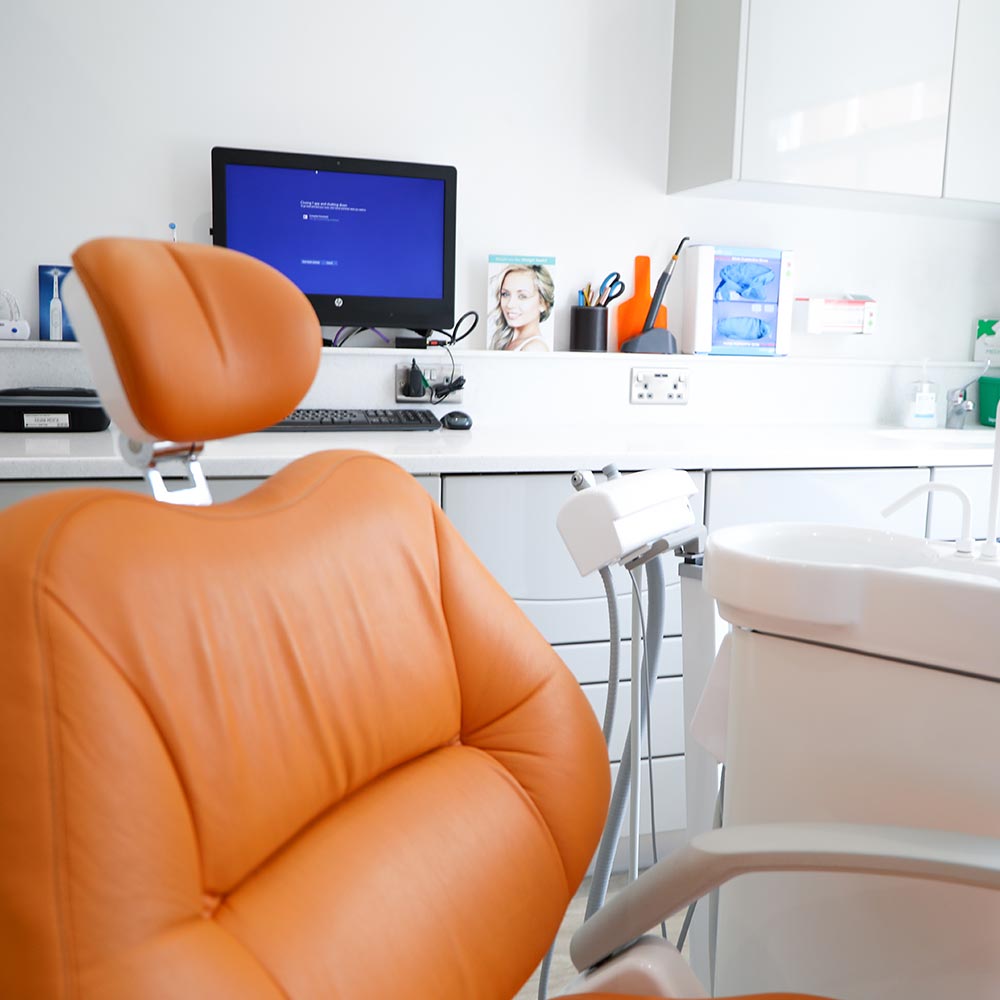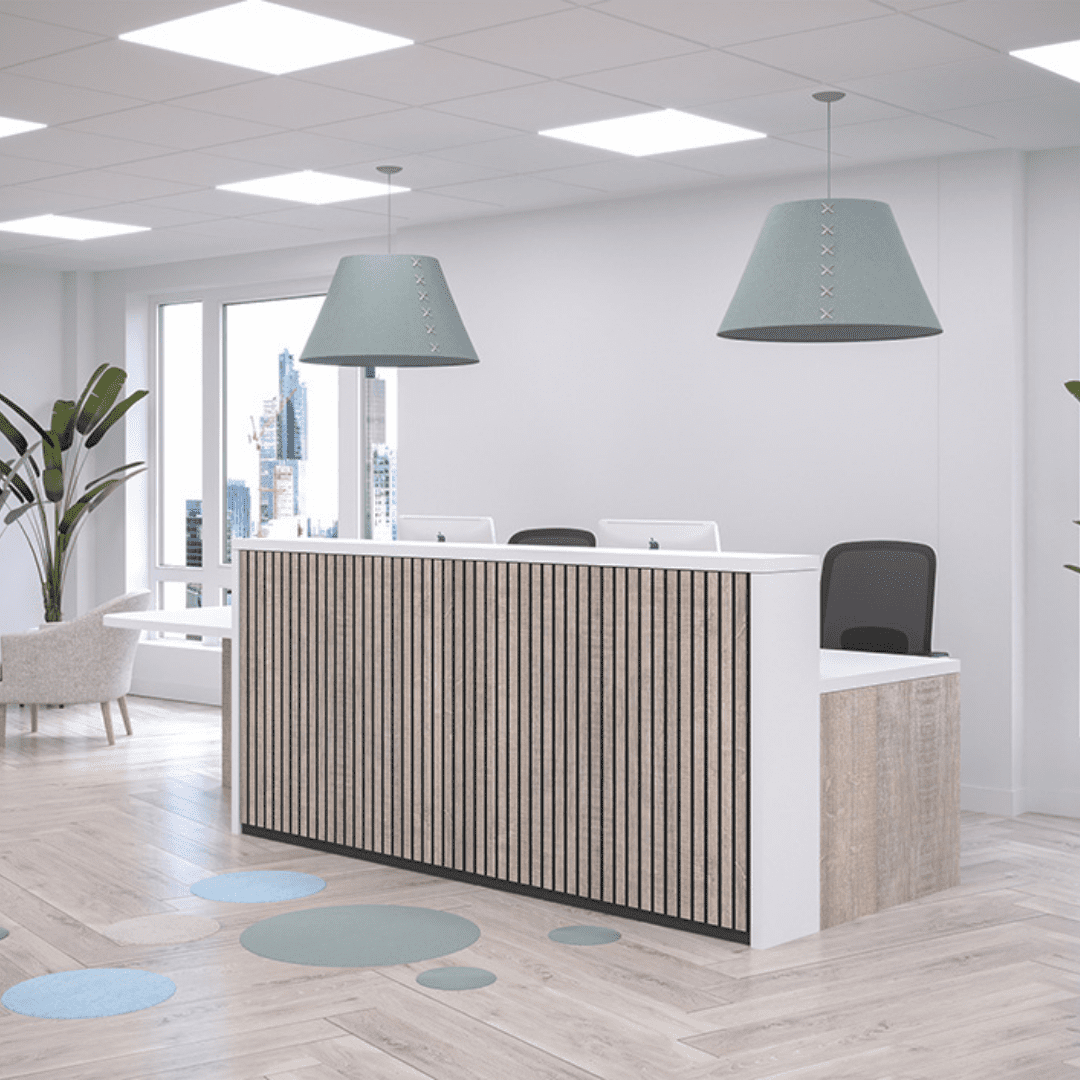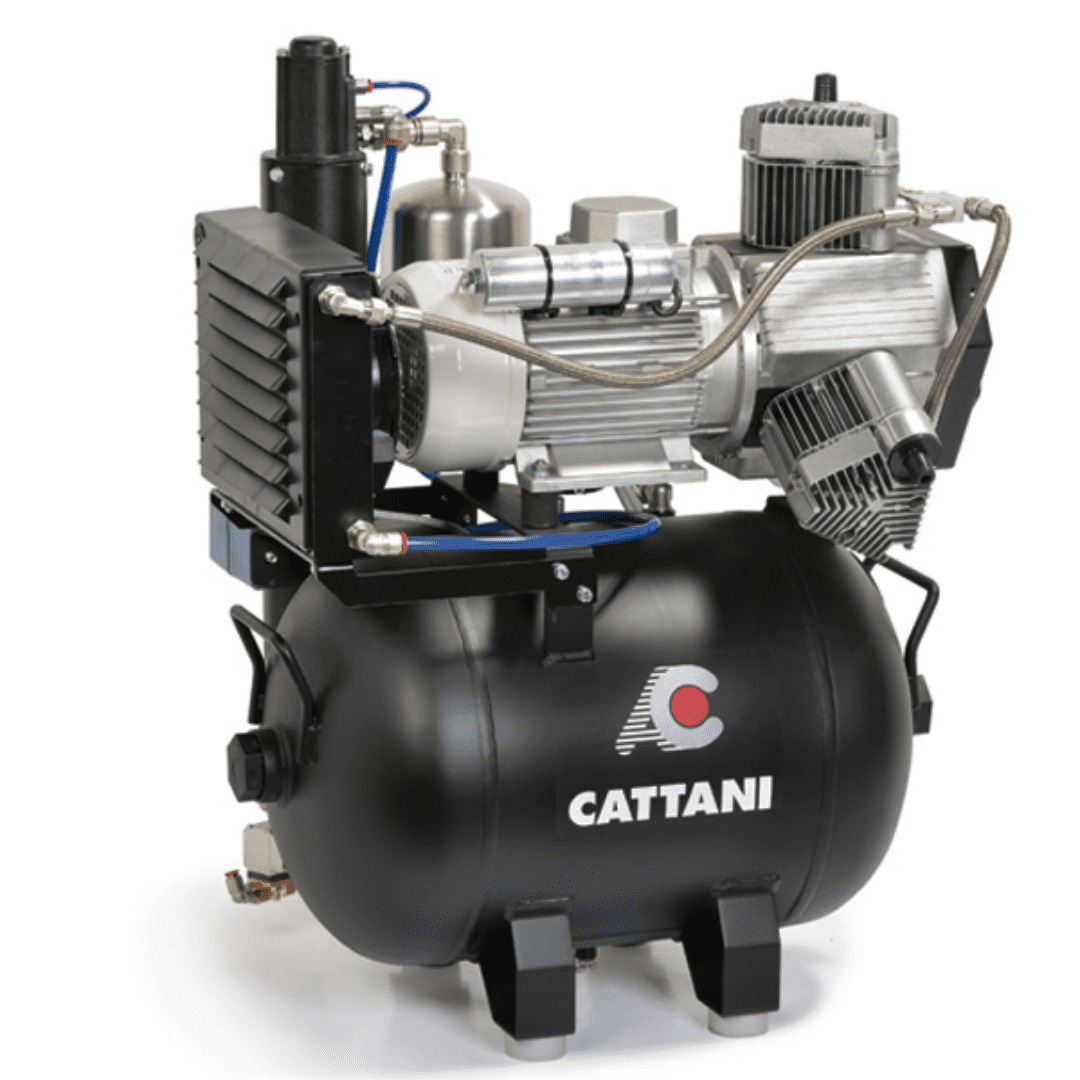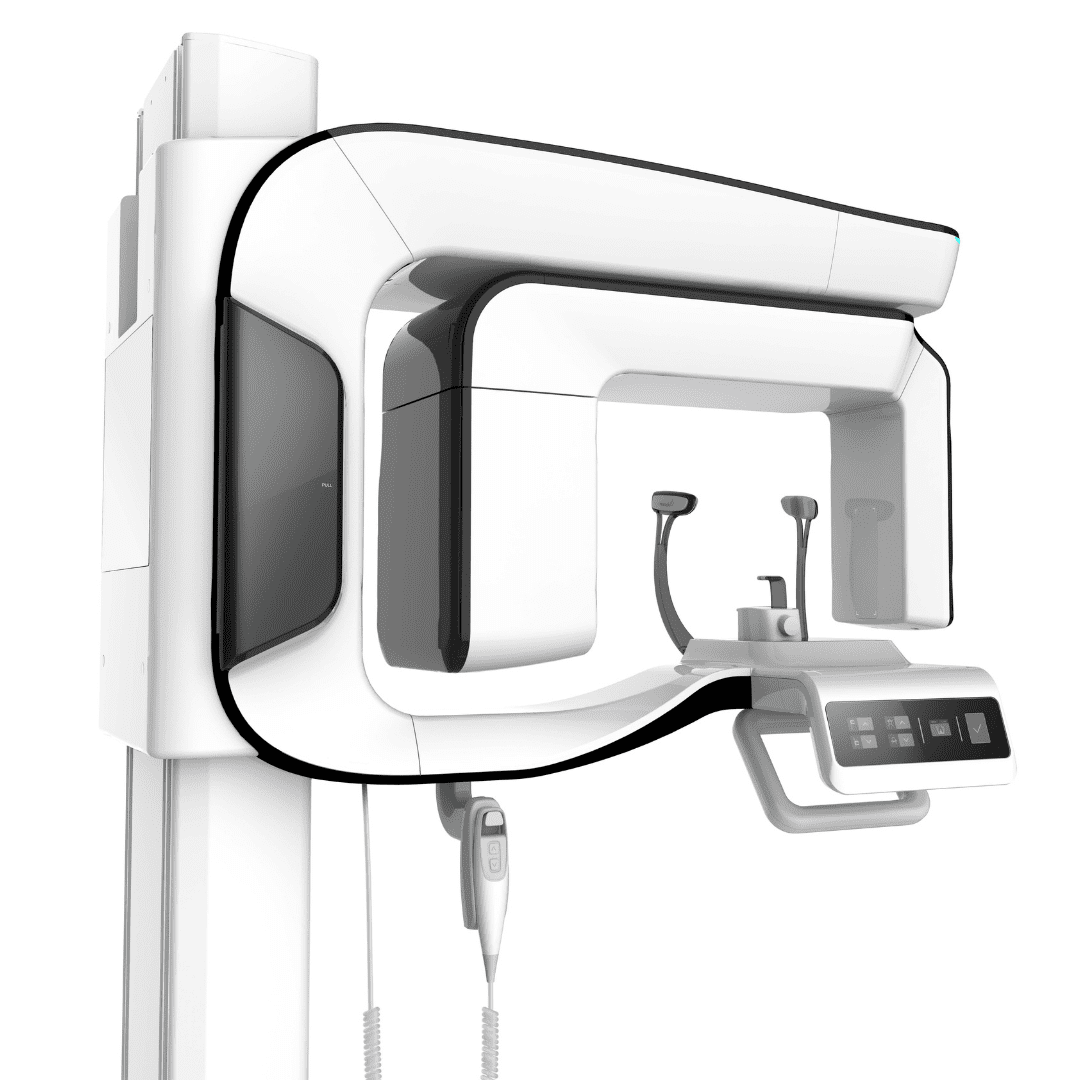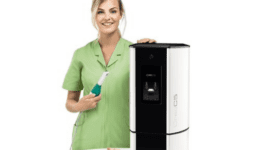What are Autoclaves, and Why are They Essential in a Dental Practice?
Sterile instruments are vital for any form of surgical procedure or examination, including dentistry. So, what are autoclaves, and why do dentists need them? A dental washer disinfector provides a convenient means to automate the preliminary cleaning step and remove infected material from used instruments like periodontal probes, mouth mirrors, curettes and sickle probes. However, ensuring that these and other reusable tools are sterile and free of any microorganisms or dormant spores requires more stringent dental practice hygiene. Pathology laboratories, doctors, surgeons and dentists rely on an autoclave for such purposes.
The best way to describe the design and purpose of these devices is to compare them with a domestic pressure cooker. While heating to 100º Celsius, or in some cases, 70º C, is sufficient to kill some organisms, others are more resistant to heat. In particular, some of the most dangerous pathogens, like Clostridium tetani, produce spores, and these are unaffected by boiling water at atmospheric pressure. Unless autoclaved, those spores could germinate and, if they enter the bloodstream, cause a potentially fatal infection despite prolonged boiling in an open vessel.
Dental Supplies: What are autoclaves used for, and how do they work?
Tyndallisation was a method once used to kill heat-resistant bacterial spores. It involved immersing items in boiling water for 15 minutes on three successive days. During the resting periods, surviving spores germinate in the warm, moist conditions and are killed by the following treatment. Though effective, the technique is too time-consuming for a busy dental practice. By contrast, an autoclave from a reputable dental equipment supplier can perform the same task in as little as 15 minutes.
An autoclave is not a new idea; Charles Chamberland, a French microbiologist, invented it in 1879. It operates by heating water in a tightly sealed vessel. Steam builds up with no way to escape, thus resulting in increased pressure. As the internal pressure grows, it needs more energy to boil the water, so its boiling point also rises, and the steam becomes superheated. In practice, the precise time required to complete a sterilisation cycle will be determined by the pressure at which the autoclave operates but should be no more than an hour.
Today, autoclaves have become standard dental equipment supplies and are a far cry from the bulky early models with pressure gauges and heavy lids like the watertight doors in a submarine. Instead, class B models like the W&H Lisa resemble domestic white goods, can be operated via a keypad and offer a choice of preset cycles. Alternatively, a smartphone can monitor and control their activity remotely, and a 6-digit PIN enables user identification. Users may choose between a 17- and 22-litre chamber; both sizes can sterilise and dry instruments in an hour or less.
What are autoclaves for – check out these benefits
Instruments should be sterilised after thorough cleaning and disinfection to avoid post-treatment infections. Hague Dental Supplies offer a range of autoclaves that provide the following benefits:
- Rapid sterilisation
- Unequalled efficiency
- Minimal risk of infections in patients and staff
- Cost-effective dental practice hygiene
As a trusted dental equipment supplier, Hague’s branches stock world-class autoclaves backed by the support of certified engineers. We invite you to click here to learn more about these and their role in preventing infection.
